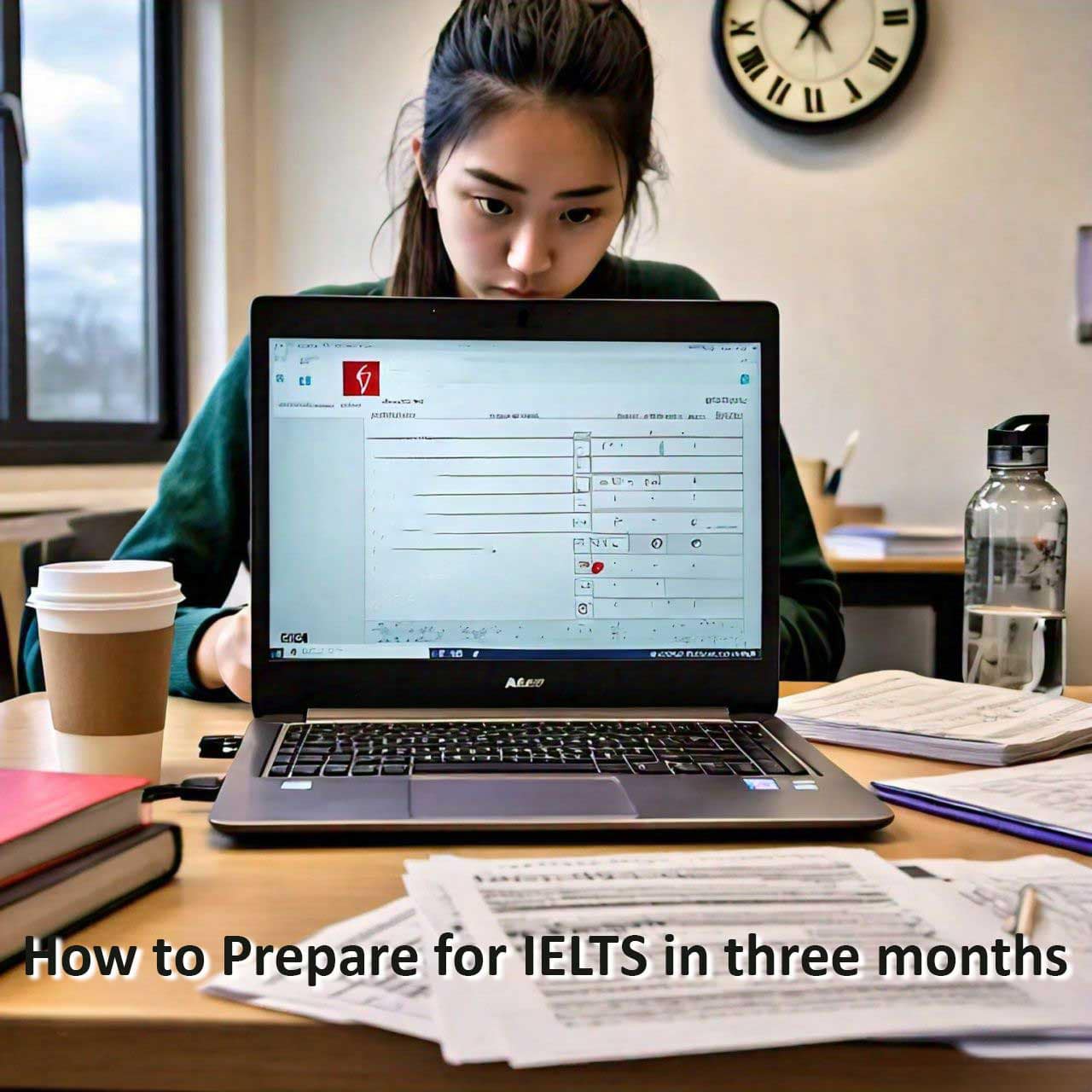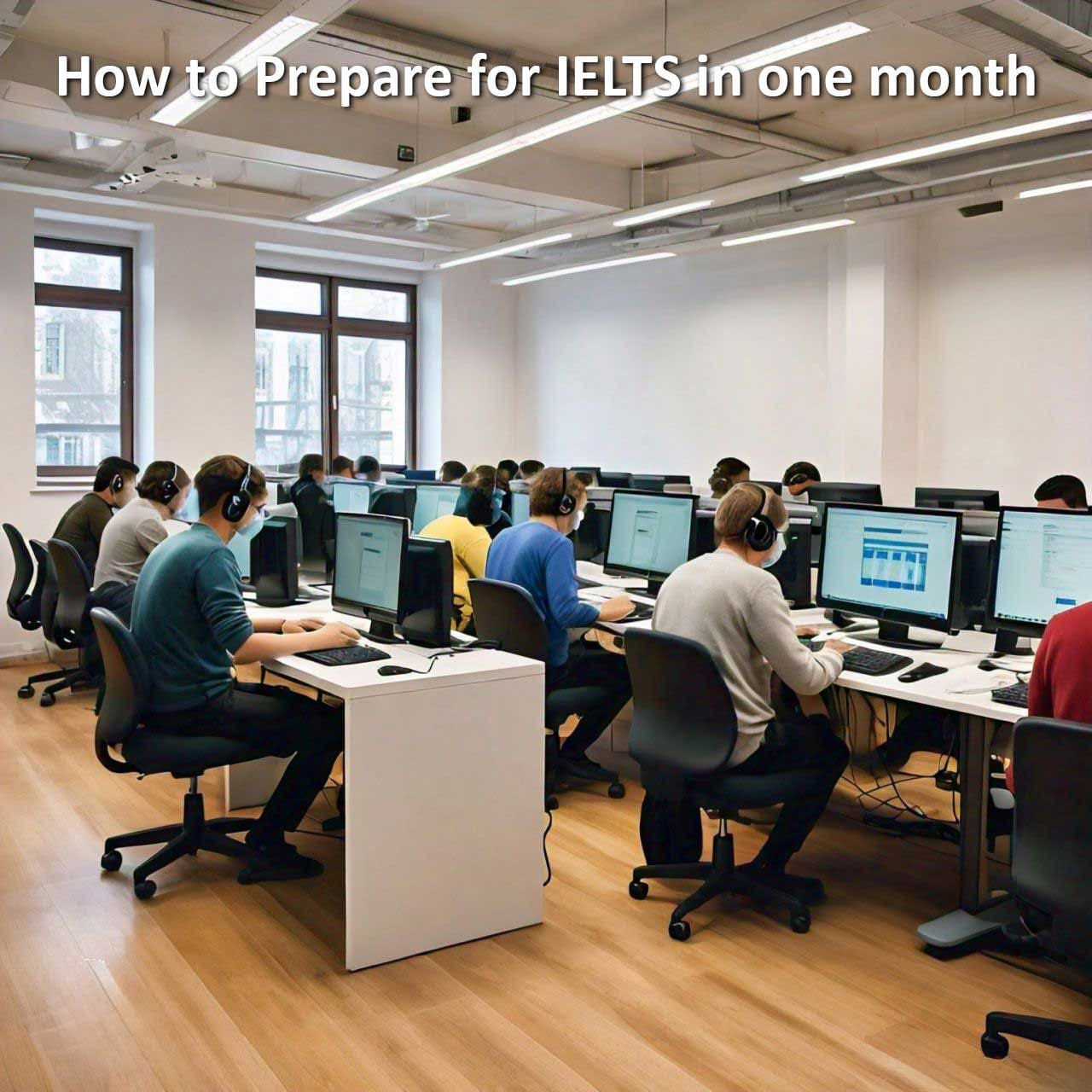The IELTS (International English Language Testing System) Speaking module is designed to assess your spoken English skills. It is conducted as a face-to-face interview and consists of three parts: Part 1, Part 2, and Part 3. This blog post will focus on Part 1, providing an overview of what to expect and strategies to help you prepare effectively.
Table of Contents
Overview of IELTS Speaking Part 1
Part 1 of the IELTS Speaking test lasts about 4-5 minutes. During this section, the examiner will introduce themselves and ask you to introduce yourself. They will then ask a series of questions about familiar topics such as your home, family, work, studies, and interests. The questions are straightforward and designed to put you at ease while evaluating your ability to communicate basic information clearly and accurately.
Common Topics
1. Home and Family: Questions about your living situation, family members, and relationships.
2. Work and Studies: Questions about your job, career, or academic pursuits.
3. Hobbies and Interests: Questions about how you spend your free time and what activities you enjoy.
4. Daily Routine: Questions about your typical day and everyday activities.
5. Likes and Dislikes: Questions about your preferences and opinions on various topics.
Strategies for Success
1. Familiarize Yourself with Common Topics: Review the list of common topics and prepare answers for each. Think about what you can say about your home, family, job, studies, hobbies, and daily routine. Practicing these topics will help you feel more confident during the test.
2. Practice Speaking Regularly: The best way to improve your speaking skills is through regular practice. Find a speaking partner, join an English-speaking club, or practice with a tutor. Recording yourself and listening to the playback can also help you identify areas for improvement.
3. Expand Your Vocabulary: A broad vocabulary will help you express yourself more clearly and accurately. Make a list of words and phrases related to common Part 1 topics and practice using them in sentences. Reading widely and noting down new vocabulary can also enhance your language skills.
4. Focus on Fluency and Coherence: Speak clearly and at a natural pace. Avoid long pauses and filler words like “um” and “uh.” Practice linking your ideas smoothly to create coherent sentences and responses. Remember, the examiner is assessing your ability to communicate effectively, not just your knowledge of English.
5. Use a Range of Sentence Structures: Demonstrate your language proficiency by using a variety of sentence structures. Combine simple, compound, and complex sentences to add depth to your responses. For example, instead of saying, “I like reading,” you could say, “I enjoy reading novels because they allow me to escape into different worlds and learn about various cultures.”
6. Be Honest and Authentic: Answer the questions honestly and naturally. If you don’t have a particular hobby or interest, don’t make one up. The examiner is looking for genuine communication, so it’s better to talk about what you know and enjoy.
7. Develop a Positive Attitude: Approach the speaking test with a positive mindset. Confidence can make a significant difference in how you perform. Remember, the examiner is not there to trick you but to assess your speaking abilities in a supportive environment.
8. Listen Carefully to the Questions: Make sure you understand the question before you start answering. If you’re unsure, you can ask the examiner to repeat the question. This shows that you are attentive and want to provide a relevant response.
9. Provide Detailed Answers: Avoid giving one-word or very short answers. Elaborate on your responses by adding reasons, examples, or additional information. For instance, if asked about your favorite hobby, instead of saying “Reading,” you could say, “My favorite hobby is reading, particularly mystery novels. I enjoy the suspense and trying to figure out the plot twists before they are revealed.”
10. Practice Pronunciation: Clear pronunciation is crucial for effective communication. Work on articulating your words clearly and using the correct intonation. Listening to native speakers and mimicking their pronunciation can help improve your own.
Example Practice Questions
Here are some example questions and responses to help you prepare for Part 1:
Question: What do you do for a living?
Answer: I work as a software developer for a tech company. My job involves writing and testing code for various applications. I enjoy it because it allows me to solve complex problems and constantly learn new technologies.
Question: Can you describe your hometown?
Answer: I come from a small town in the countryside. It’s a quiet and peaceful place with beautiful scenery, including hills and lakes. There’s a strong sense of community, and everyone knows each other, which I really appreciate.
Question: What do you like to do in your free time?
Answer: In my free time, I love to cook. Trying out new recipes and experimenting with different ingredients is something I find very relaxing. I also enjoy sharing my culinary creations with friends and family.
Conclusion
Preparing for Part 1 of the IELTS Speaking test involves familiarizing yourself with common topics, practicing regularly, expanding your vocabulary, and focusing on fluency and coherence. By following these strategies and maintaining a positive attitude, you can approach the test with confidence and perform to the best of your ability. Remember, the key is to communicate clearly and naturally. Good luck!



